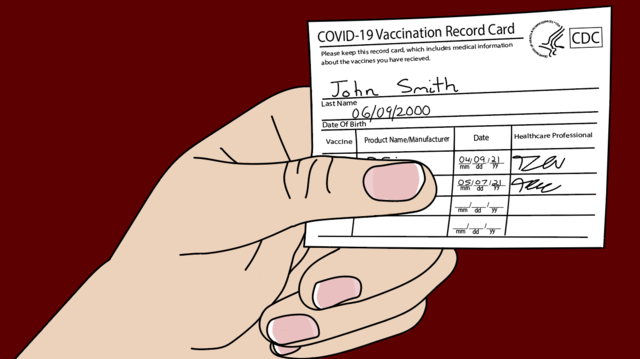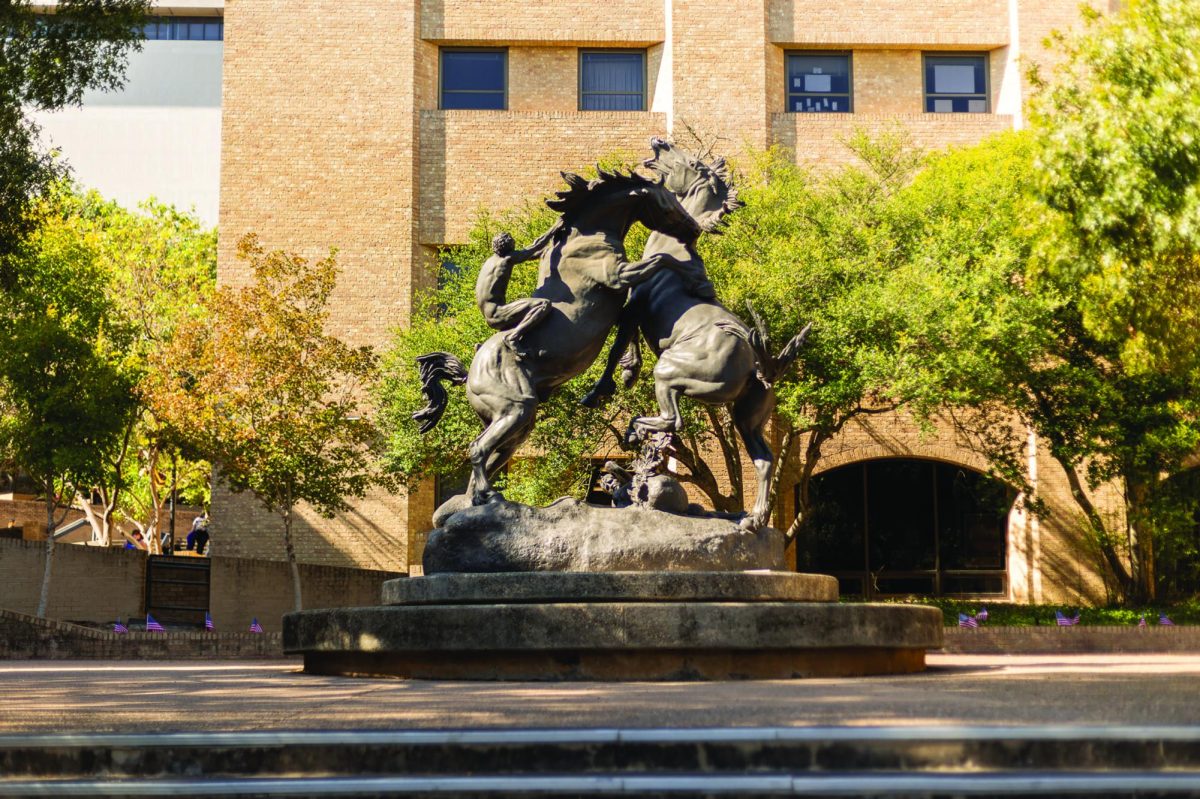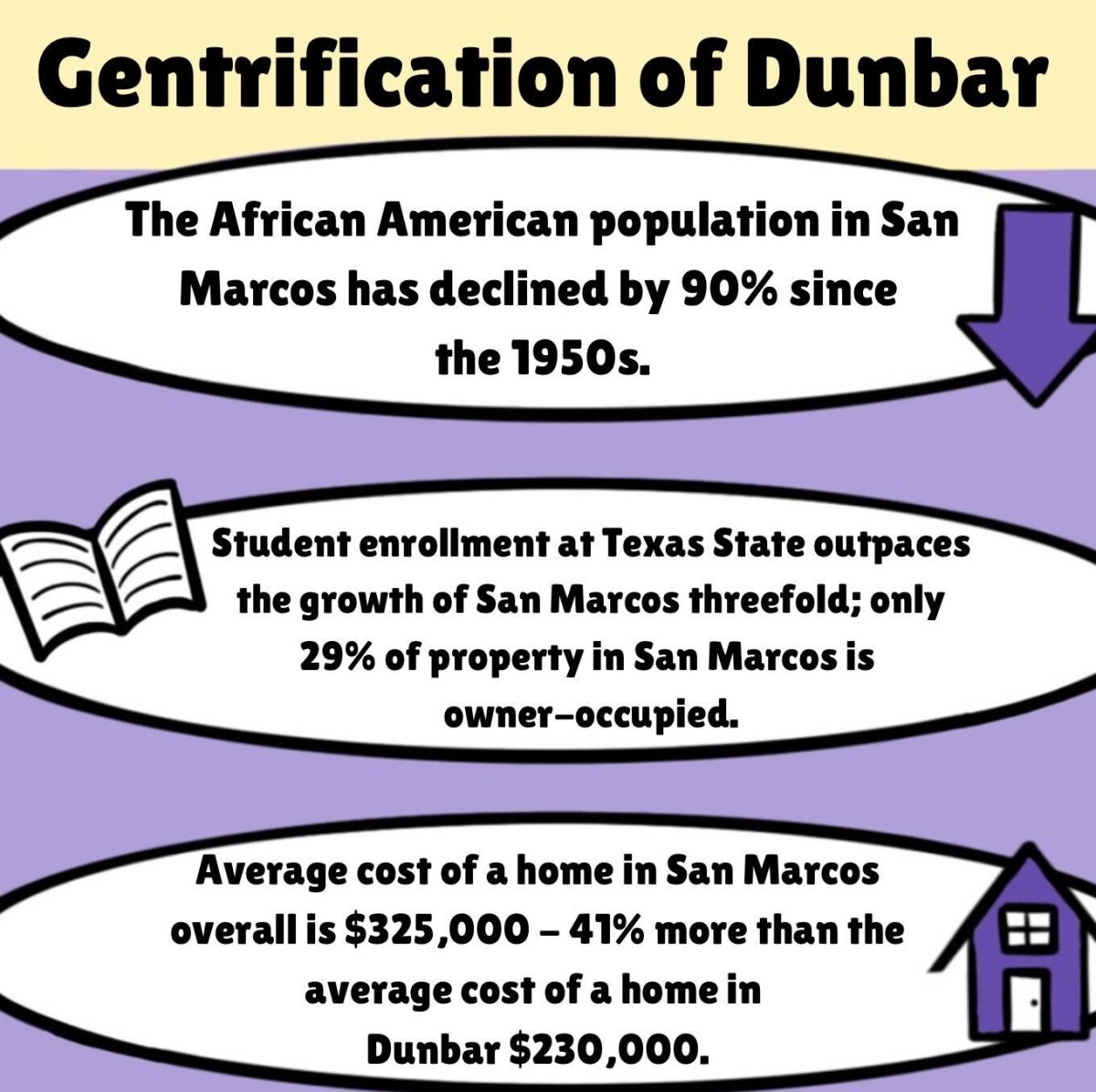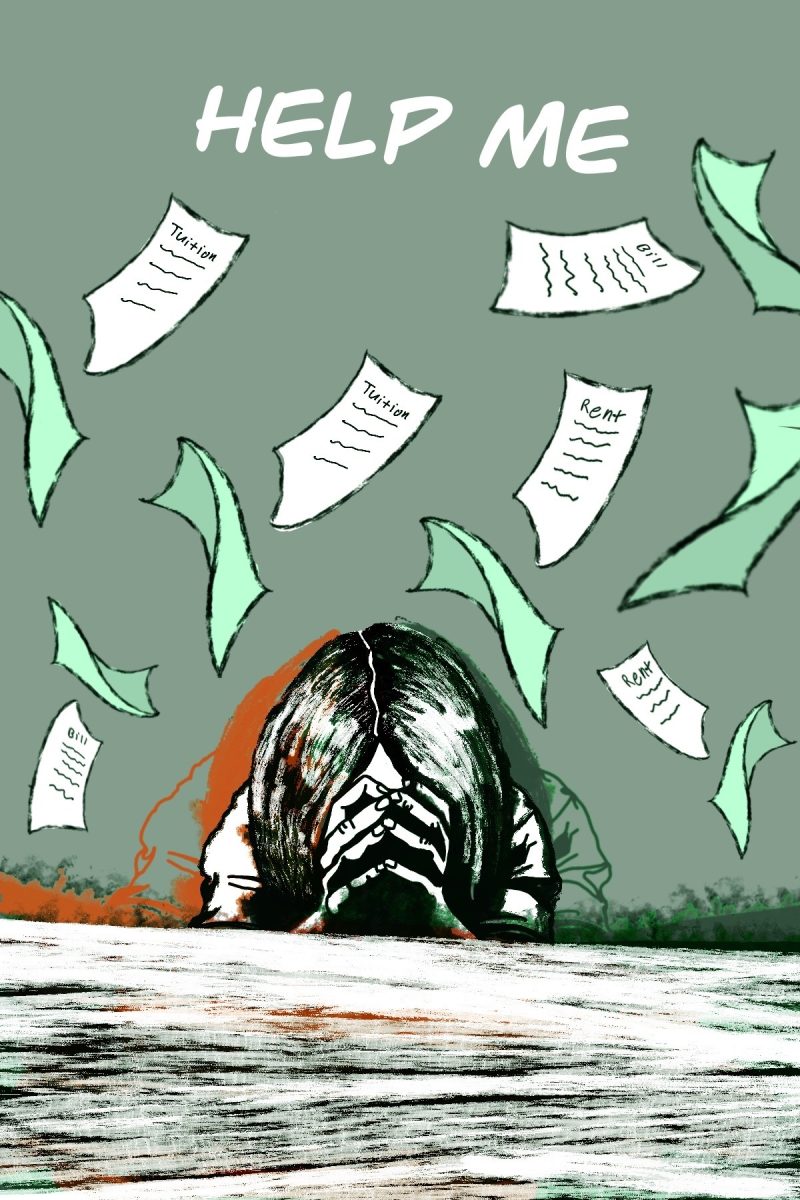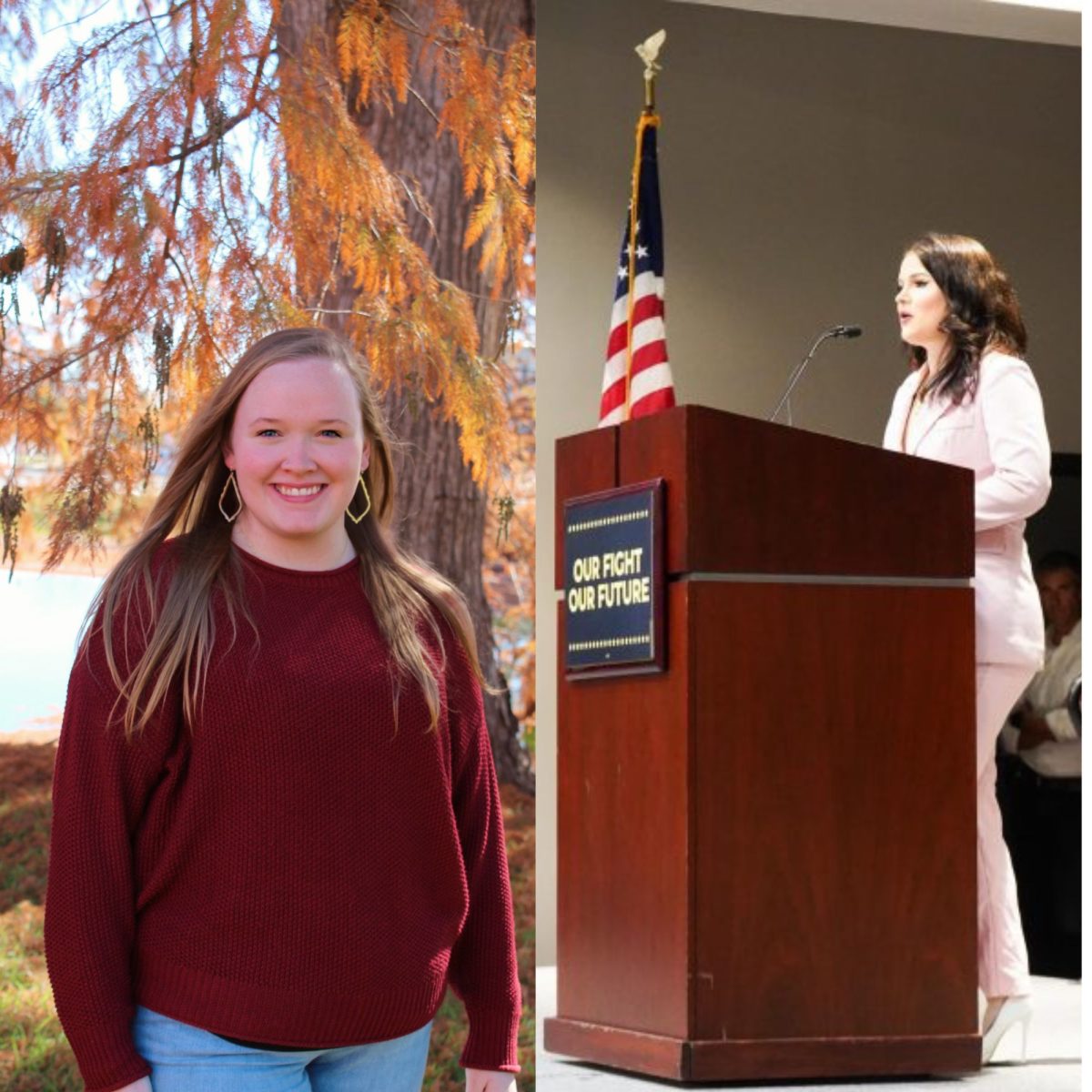The COVID-19 pandemic has been around for over a year with people contracting the virus every day. To help slow the spread of the virus, masks have been an adopted tool throughout the tumultuous year. However, Texas Gov. Greg Abbott lifted mask mandates across the state, making it harder for public spaces to enforce masks — including our campus.
Despite masks no longer being required on campus, students must get vaccinated and continue to wear facial coverings in order to ensure the health and safety of everyone this fall semester.
More recently, vaccines have become widely accessible to the general public. Texas State has even hosted mass vaccination drives and continues to offer vaccines free Monday-Friday at the Student Health Center, making it easy for students to get vaccinated.
The university has also launched a vaccine incentive program. Students who are currently enrolled and have received at least one dose of a COVID-19 vaccine can enter a drawing to win prizes such as $500 or a red parking permit for the spring semester.
Rheagan Brown, a communications disorder sophomore, said she had no trouble getting the vaccine when it became widely accessible. All she had to do was sign two forms of consent for both doses of the vaccine.
“Both rounds of my vaccine were fine, the experience was fast and efficient. They had me in and out,” Brown said. “They also made sure to keep us monitored so that we didn’t have any side effects, and everyone was extremely friendly.”
In addition to on-campus availability, local pharmacies have distributed all three types of vaccines to the public free of charge. With so many options available, students cannot make the excuse that they can’t find a vaccine location site as a way to justify their reasoning for being unvaccinated.
An NPR/Marist poll reports one in four Americans would refuse to get vaccinated if offered. Vaccine hesitancy for some stems from how “fast” the vaccine was created in addition to possible unknown long-term side effects. However, COVID-19 vaccines were produced so rapidly because the virus’s building block, severe acute respiratory syndrome (SARS), had been detected in 2003. Additionally, according to Healthline, the COVID-19 vaccine was built on decades of research from both mRNA and adenovirus technologies.
Seeing as SARS and SARS-CoV-2 are similar, scientists used research that was already conducted about SARS to help create the COVID-19 vaccine — proving it to be safe, effective and not rushed. Vaccines were officially approved by the Food and Drug Administration (FDA) as of Aug. 23.
However, despite the accessibility and government approval of the vaccine, vaccine rates for young adults are low compared to other age groups. A study by the Centers for Disease Control and Prevention (CDC) reported nearly 25% of the 18-29 age group said they would not get vaccinated, with 23% of the group reporting unsure.
Those who are unvaccinated are more likely to get COVID-19 and face severe symptoms. Although some may argue that vaccinated individuals are also susceptible to COVID-19, the vaccine is still the best solution to help against dying or getting severely ill.
The Delta variant should be enough evidence to see how serious this virus is becoming. There are children and young adults in the hospitals right now fighting for their lives. Additionally, there is a lack of hospital resources and beds available due to a high number of COVID-19 patients, who are taking up room and resources from others also in need of medical attention.
There have been studies to prove how the variant differs and holds more of an impact than regular COVID-19. The CDC reports the Delta variant as two times more contagious compared to the original strain of COVID-19.
As of Sept. 10, there are currently 1,860 active COVID-19 cases in Hays County. There are 49 people currently hospitalized and of those, 38 are unvaccinated, making up 82% of total hospitalizations. The county has had a total of 1,140 COVID-related hospitalizations and 333 COVID-related deaths throughout the pandemic.
In Hays County, the 20-29 age group makes up the majority of overall confirmed COVID-19 cases with about 7,000. The 10-19 age group has the second-highest overall confirmed cases with over 4,000.
There are some reasonable circumstances as to why certain individuals do not want to get vaccinated. For instance, some individuals have health conditions that prevent them from getting the vaccine. However, continuing to follow precautions such as social distancing, wearing masks and disinfecting surfaces will help keep those unvaccinated safe.
Keeping up with these precautionary measures will help lower one’s risk of contracting the virus. However, just fully allowing yourself to be vulnerable is similar to wanting to purposely catch it. There is no shame in not having the vaccine, but it’s important to consider the fact that everyone’s condition differs.
Texas State students need to entertain the idea of getting vaccinated. The COVID-19 vaccine has been proven to be safe and effective, and it is the number one tool to ensure that we continue to stay safe and have the opportunity to at least finish the semester with in-person classes. The Bobcat community must do its part to combat the pandemic. Get vaccinated and help keep case numbers low.
– Jacklynn Broussard is a journalism sophomore
The University Star welcomes Letters to the Editor from its readers. All submissions are reviewed and considered by the Editor-in-Chief and Opinion Editor for publication. Not all letters are guaranteed for publication.
Opinion: Students need to get vaccinated
Jacklynn Broussard, Opinion Contributor
September 15, 2021
0
Donate to The University Star
Your donation will support the student journalists of Texas State University. Your contribution will allow us to purchase equipment and cover our annual website hosting costs.
More to Discover


